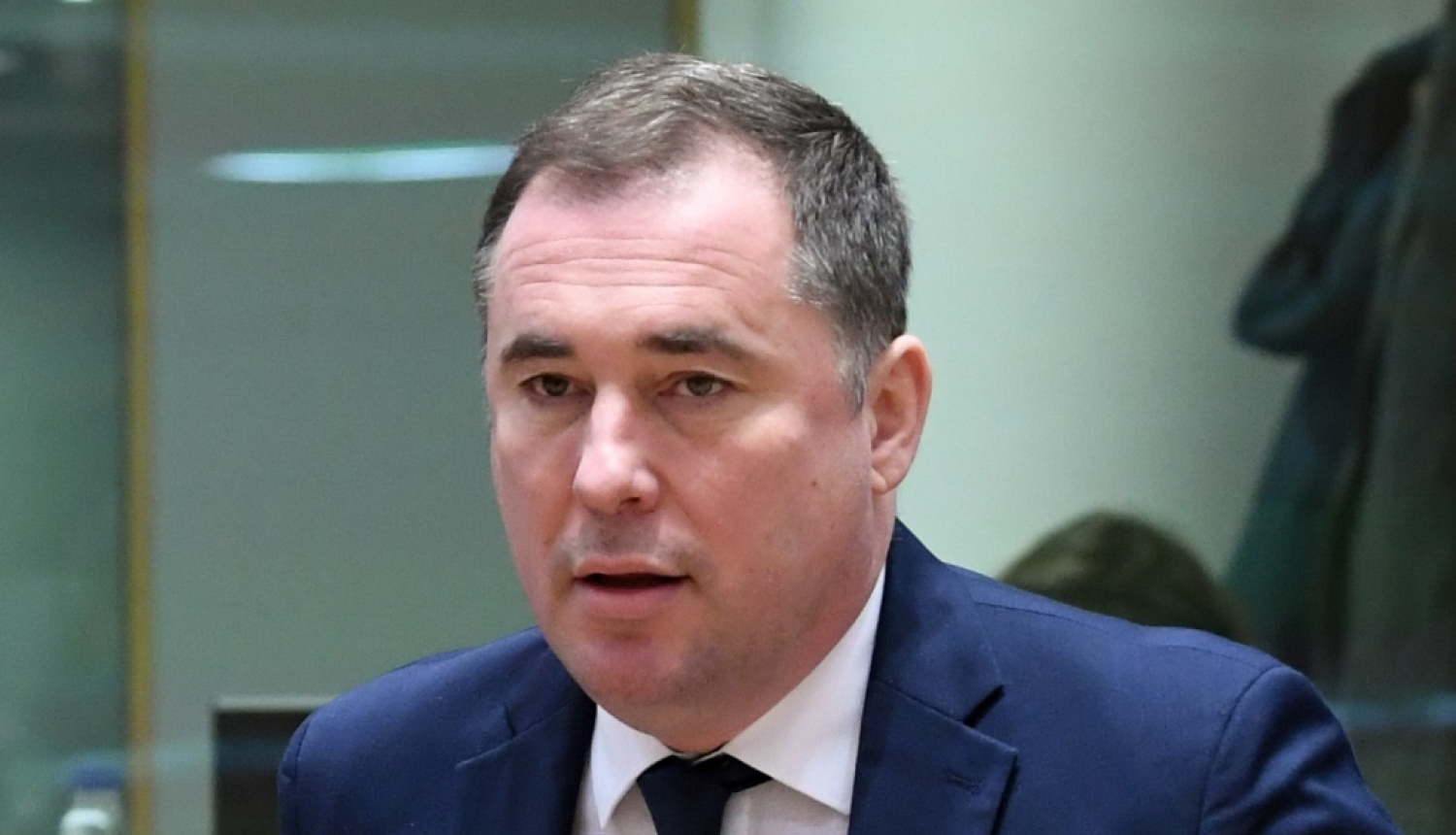On Monday, January 30, Didzis Šmits, the Minister for Agriculture attended the meeting of the EU Council of Agriculture and Fisheries in Brussels where the Member States, together with the European Commission (EC) and the Swedish Presidency of the EU Council, discussed the impact of energy crisis and the Russian war in Ukraine on agriculture and food production and discussed solutions to the situation.
Since May 2022, the energy price in Latvia and the Baltic States has grown much faster each month than the average in the European Union. The price of electricity in Latvia in the quarter 3 of 2022, as compared to the quarter 3 of 2021, had increased by 220 per cent. Wheat purchase price, for example, was also 46 % higher on average in 2022 than in 2021. Despite the trend to decline, the price of grain remains at a significantly high level. As a result, not only there is the gap between farmers' revenues and expenditures it even continues to grow.
“We must not forget for a moment that food production and agriculture are the matter of the national security,” says Didzis Šmits, the Minister for Agriculture. “According to Latvia, the European Commission should not hesitate to support farmers and food producers. Farms and businesses must also ensure that production continues in the context of the energy crisis and be able to adapt to the current market as it has developed through Russia's aggression in Ukraine.”
On the day of the meeting, the Minister for Agriculture met two EU Commissioners. With the EU Commissioner for Agriculture and Rural Development, Janusz Wojciechowski, the Minister, Didzis Šmits discussed preparation of this year mid-term review of the EU multi-annual budget and the need for additional funding to implement the climate and environmental requirements of the EU Common Agricultural Policy. They also discussed possibility of using the agricultural reserve of the Common Agricultural Policy in 2023 to compensate farmers and food producers, even in part, for the increasing costs of raw materials and other resources. Both agreed that food security was the matter of the national security for each country.
While with the EU Commissioner for Environment, Oceans and Fisheries Virginijus Sinkevičius, Didzis Šmits discussed current fisheries issues as well as EC-led environmental and climate initiatives.



